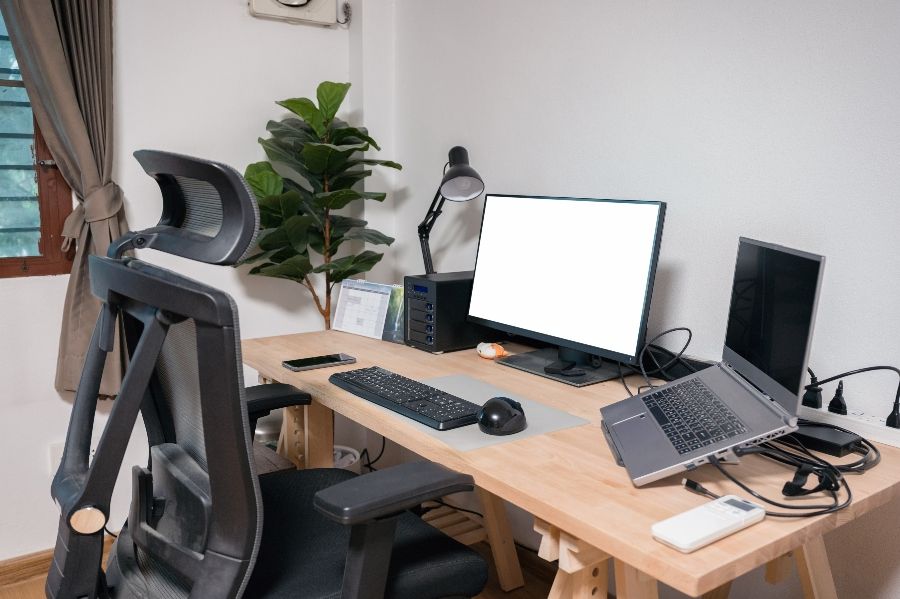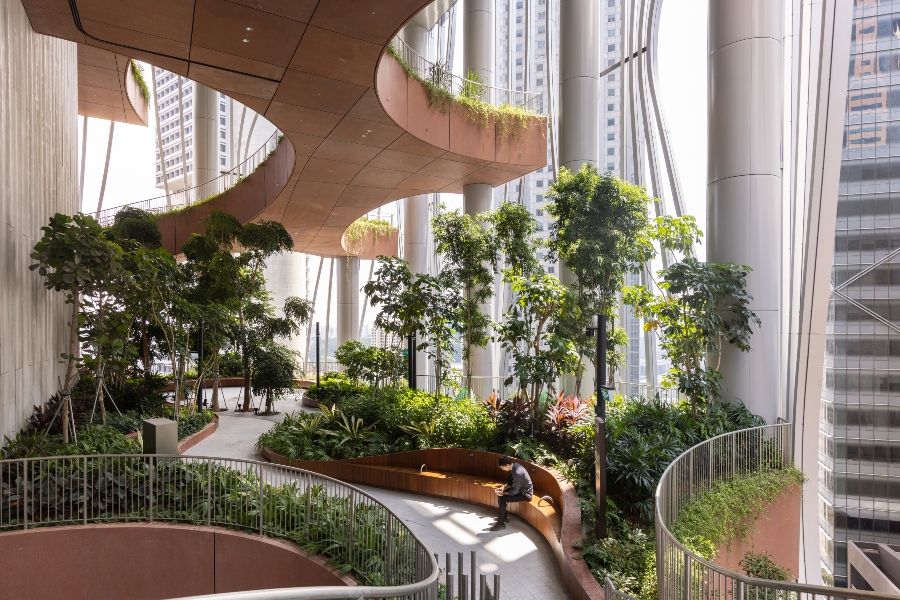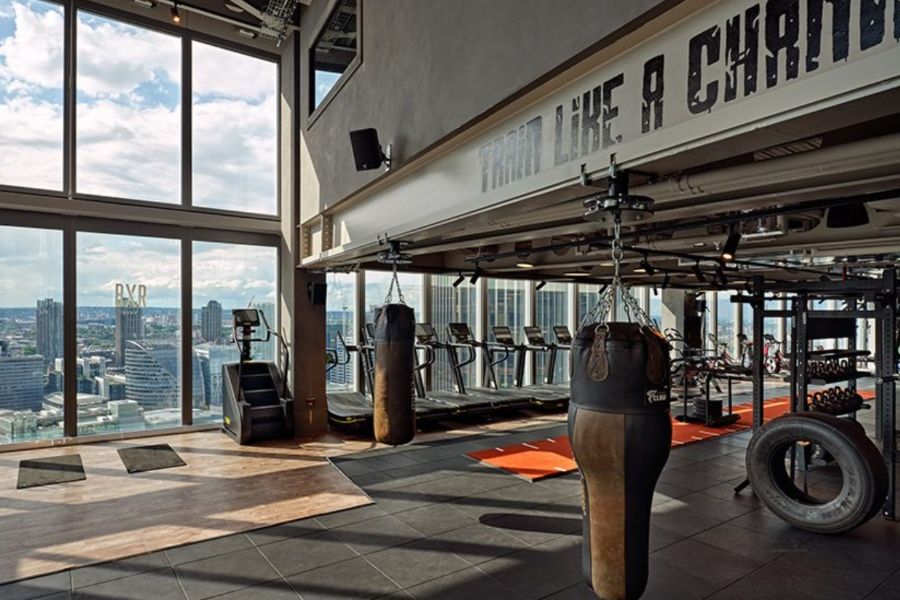It began with an internship at MTV Latin America, for Tony Cho, a native of Central Florida, that blossomed into a love affair with the culture and urban life of Miami that had been the allure of the area for so many people before him. After that, he enrolled in an exchange program through Northwestern University that took him all the way to Latin America. And it was there he was finally introduced to night life, hospitality and a passion for urban development.
Immediately, he took to the industry, and upon returning to the States, he immersed himself in South Florida’s nightlife, which he says jumpstarted his career. Next came his real estate license, and Metro 1 was born.
The fully integrated real estate brokerage focuses on “how art, culture, innovation, and design really determine a place,” explains Cho. As an environmental activist and philanthropist, Cho and his company recognize and celebrate that an area can’t be revitalized without acknowledging its history and that, first and foremost, small independent businesses are the lifeblood of their communities.
Promoting Regenerative Urban Development

In partnership with Metro 1, the mixed-use complex Wynwood Gateway will become co-living pioneer the Collective’s Miami outpost.
Applying this sentiment to projects across South Florida, Cho became one of the founding members of the Wynwood Business Improvement District, an initiative established in 2013 to transform a run-down midcentury warehouse district through the expression of street art. He also conceptualized the Magic City Innovation District in Little Haiti, which he describes as “a vision for a city of the future that’s sustainable and regenerative, as well as equitable in a very underserved community.”
In recent times, Cho has launched the M1 Community Fund and the Cho Family Foundation, two donor-advised philanthropic funds administered by the Miami Foundation that he started this year with his wife, Ximena Cho. There is also ChoZen, opening in January, where the couple are opening their eco-retreat sanctuary up to the broader community. Geodesic domes and glamping tents have been added to the site, and an outdoor event space and a hydrotherapy spa are also in the works. “It’s a container for thought leadership around environment stewardship, mindfulness, and spirituality.”

ChoZen’s Cosmic Firepit.

The safari camp at ChoZen.
This focus on community is especially relevant as the pandemic continues to impact all aspects of people’s lives. While so many people are yearning to go off the grid and get away from population centers, he argues that density is essential to maintain the current population and growth, seeing the current climate instead as a call to “re-wild” cities. “We need to create a wilderness environment that makes people smile and excited to live in cities again,” he says.
As Cho looks to the future, he feels resilience and fostering community, in South Florida and beyond, is more important than ever before. “We’ve kind of hit a wall and have a lot of issues—poverty, affordable housing, food and health equity, and racial justice—to deal with,” says Cho. “All of this stuff is coming to the surface because it has to. We’ve reached a critical moment where we have to make changes to evolve as a species.”

Another version of this article previously appeared in Hospitality Design.






